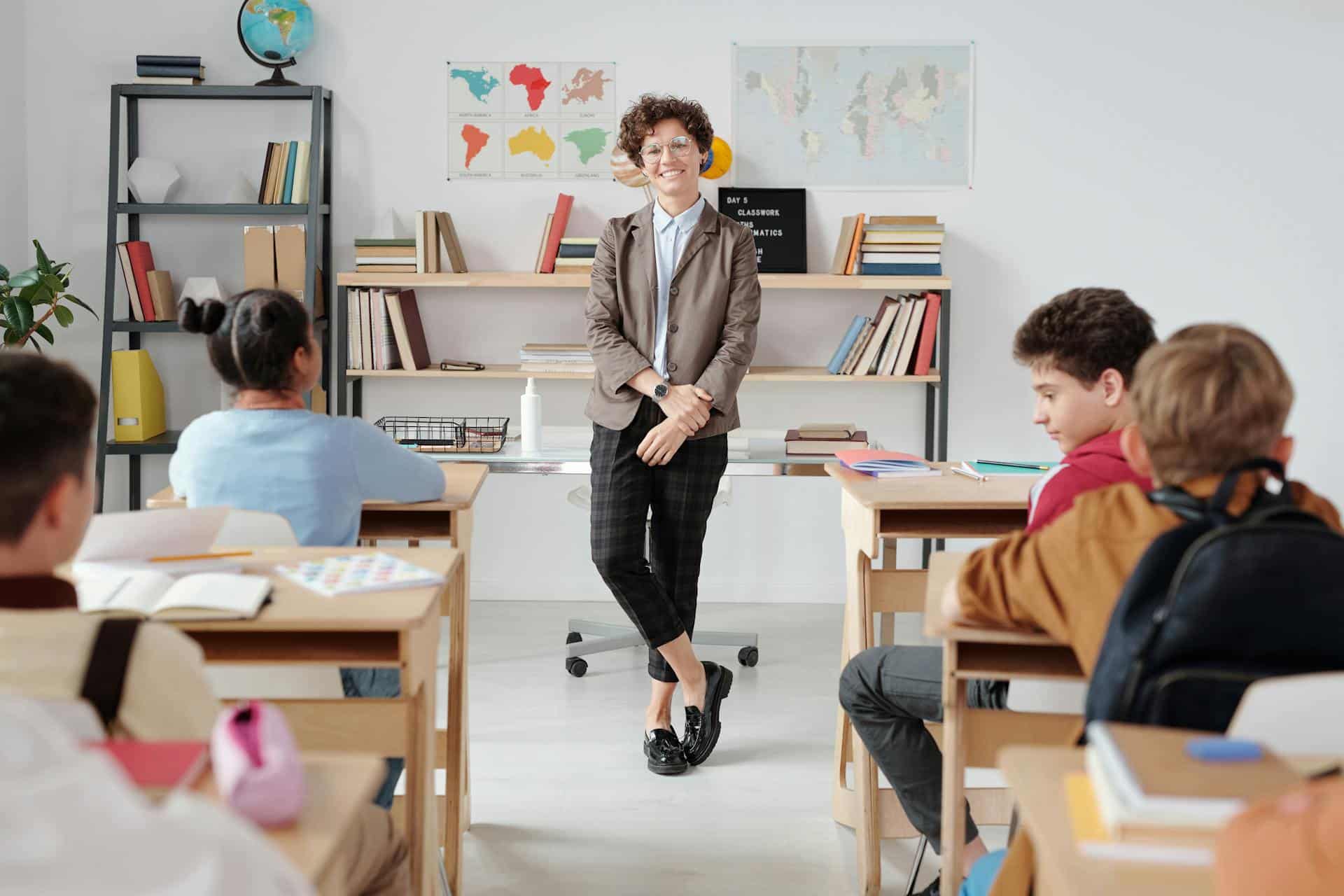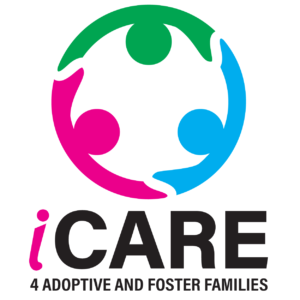FOR SCHOOLS

The role of the social worker can make a huge impact on the success of a student. They provide support and resources every single day to students, staff and families. But that level of support can only be as strong as their training.
Startling Statistics
- 80% of foster youth need mental health care
- 3 times as many adopted children need mental healthcare
- Only 57% of Illinois foster youth graduate from high school
These kids spend the majority of their day in an educational setting and they are struggling. The mental health crisis in our nation affects kids with attachment and complex developmental trauma even more.
Do you want to have an easier time supporting students, a more positive school environment, better student outcomes and better relationships with parents and families? iCARE4 Adoptive And Foster Families makes it easy for you to get started!

Are you an iCARE4 Adoptive And Foster Families SCHOOL?
To be designated as an iCARE4 Adoptive And Foster Families School at least one mental health support professional needs to take NTI training. We recommend that both a mental health professional and an administrator take the training.
1. Have at least one staff member take the NTI training.
2. Send us a copy of completion certificate(s).
3. Be listed on the website as an iCARE4 Adoptive And Foster Family School for families to find you. We will include the numbers of staff who complete the training
Let the families in your district know you care about adoptive, foster and kinship children.
Make this a reality by having your school staff take the FREE, web-based training: National Training Initiative’s School Based Adoption Competency for Mental Health Professionals developed by the Center for Adoption Support and Education (C.A.S.E.) It is important for educators and school mental health professionals to understand that children who have been separated from a birth parent and caregiver or who have experienced displacement are unique.
School Social Workers, Psychologists, Principals, Deans, Advisors, Behavioral Intervention Specialists and even Teachers working with adopted, fostered or kinship children need to be trained on attachment trauma and complex developmental trauma.
What is Attachment Trauma?

Children who have had attachment trauma and complex developmental trauma include:
- Adopted children from private, international or child-welfare adoptions
- Youth in care, living in foster families or group homes
- Kinship children, living with relatives
- Some immigrant children
These children often do not “feel safe” in their new homes because of their experiences before coming into the family. They often have a high level of fear and stress. Love can be scary and distrust is hard-wired. In school these feelings show up as emotional dysregulation, lack of executive functioning, lack of focus, impulsivity, poor academics and sometimes aggressive behaviors towards parents or other children. They are not often able to access their “thinking parts” of the brain. Traditional therapeutic approaches are not effective.
Often these children are misdiagnosed with ADHD, ODD, and other mental and behavioral disorders.
When these children reach adolescence, when peer relationships and academics become more difficult, behaviors and emotions can become even more intense. In fact, research shows that even children who have not struggled before, will often face challenges in middle school and high school. Maladaptive coping skills and weakening family bonds can be inadvertently reinforced if schools staff are not properly trained.
Healthy attachments are the fundamental component for a child’s development.
When children are not comforted when upset, not soothed when scared, not changed when wet, not fed when hungry, etc. or when they are removed from a birth parent for any reason, attachment trauma occurs. It has a profound impact on the brain often causing a heightened state of fear and distrust. These children survive by learning other ways to get their needs met through maladaptive coping skills like control, aggression, anger, yelling and other behaviors. They develop negative beliefs about themselves and others.
Often these children have experienced other developmental traumas that also impact their brain development including prenatal stress, traumatic birth, orphanage care, multiple placements, neglect, abuse and prenatal exposure to alcohol and drugs. These adverse childhood experiences, or ACES, can lead to lifelong challenges.
Adopted, Foster and Kinship children will often struggle with seven core issues throughout their lifetime:
Loss, Rejection, Shame, Grief, Identity and Belonging, Intimacy and Trust, Mastery and Control
Remember:
- Healing can happen through attachment based interventions that strengthen the bond between the child and their parents and caregivers, fostering a sense of belonging.
- Every interaction you have with a child is an opportunity to lead them to connection to their family.
- Having a full understanding of attachment trauma and strategies that bring healing are critical to your work as a teacher or support professional.
- In a school setting, you are only seeing one part of the picture.
- Assessments of adopted, fostered and kinship children can be difficult, as their traumas cause invisible disabilities.
If you are a School Mental Health Support Professional or Administrator, take training here
School-Based Mental Health Professionals Training
Adapted from the National Adoption Competency Mental Health Training Initiative (NTI)
This training was uniquely created to address the complex needs of students experiencing adoption, foster care, or kinship care and support the well-being of K-12 students
This training was uniquely created to address the complex needs of students experiencing adoption, foster care, or kinship care and support the well-being of K-12 students
If you are a Teacher, take training here
TBRI Classroom
Help for Billy PD Day Heather T. Forbes, LCSW
Help for Billy Book Study Guide. Heather T. Forbes, LCSW
180 Classroom Heather T. Forbes, LCSW
BENEFITS TO SCHOOLS
ALL research and leading experts recommend that a child who is adopted, fostered or in kinship families should be supported through coordination of care between all educators, support professionals and parents and any others involved in their care. Transparency and communication is critical and parental involvement is needed.
(Guidance by the Child Welfare Information Gateway, Children’s Bureau, Office of the Administration for Children and Families, U.S. Department of Health and Human Services)
